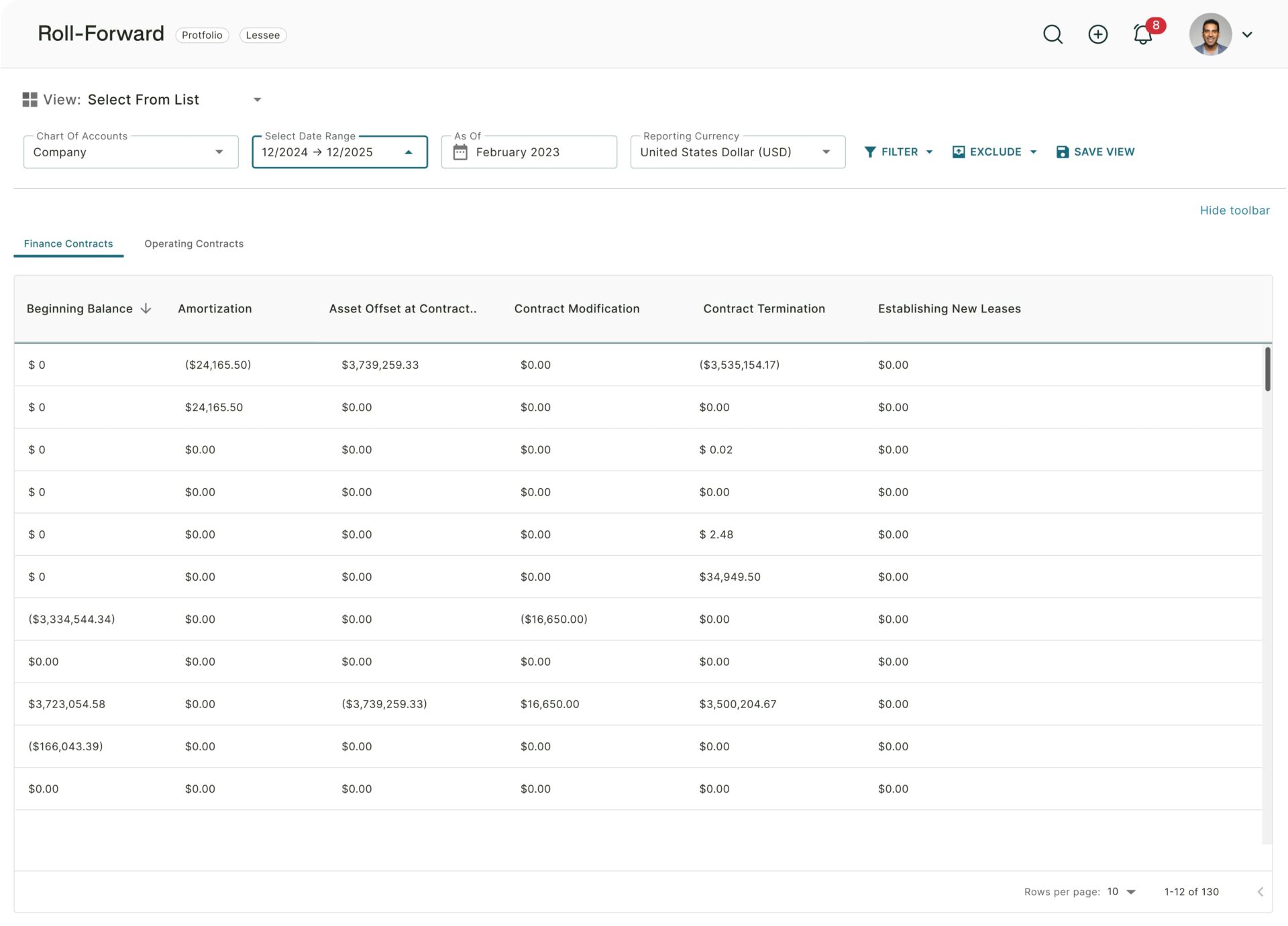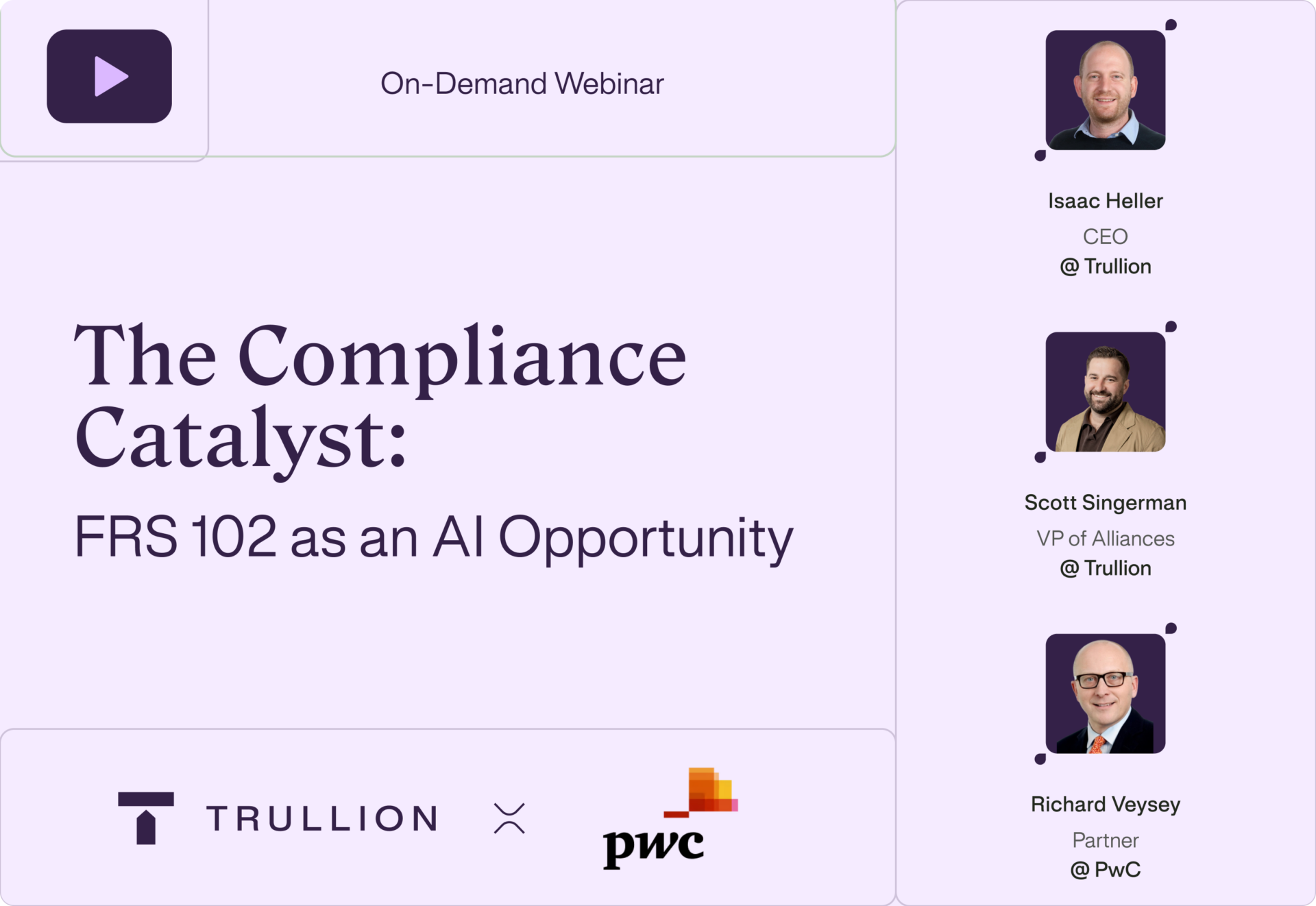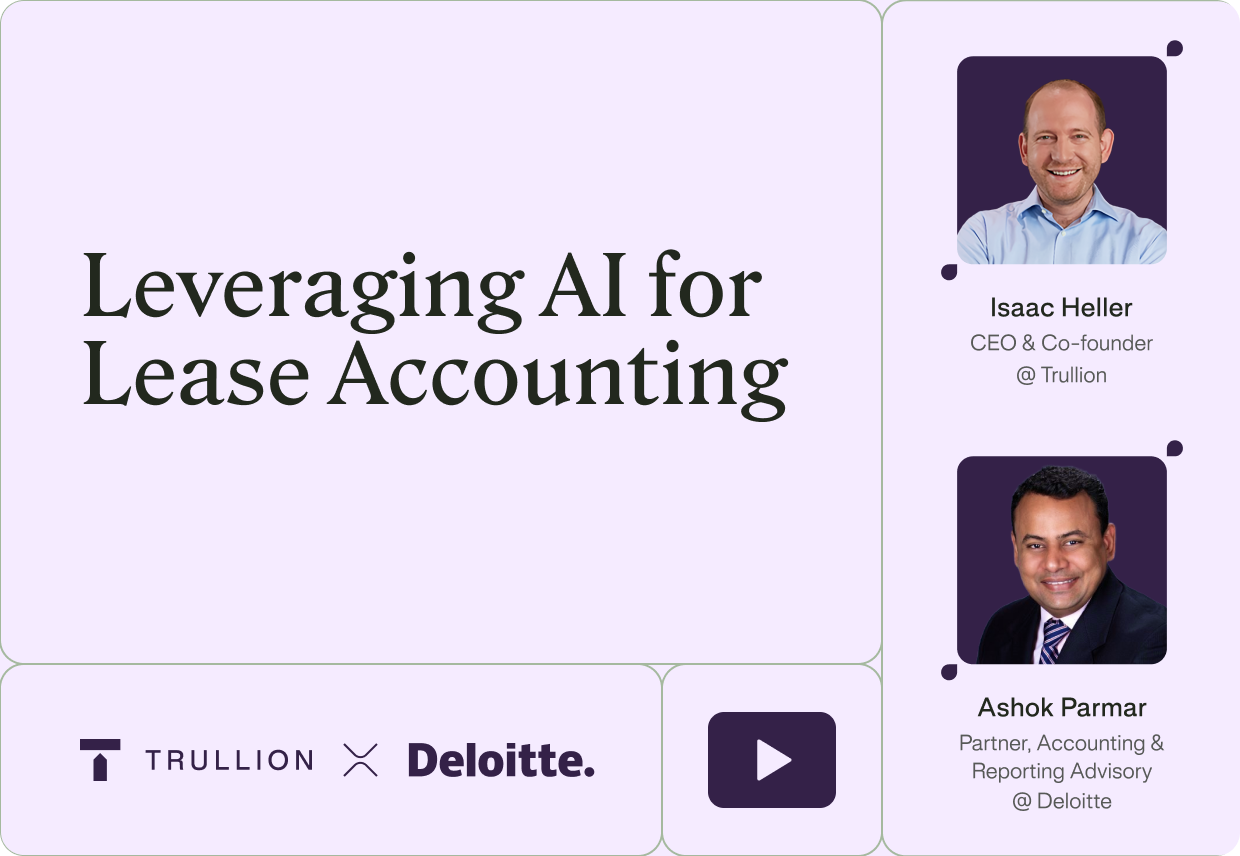Staying ahead of the FinTech evolution
The modern CFO’s tech stack is growing, as finance leaders have more options than ever before when it comes to leveraging technology in their role.
The CFO plays a critical role in the adoption of FinTech within an organization. This includes being responsible for assessing, evaluating, and implementing FinTech solutions that align with the company’s strategic objectives and financial goals.
The state of the FinTech industry is thus of major interest to CFOs, who will want to have their finger on the pulse of trends and new technologies becoming available.
The Significance of FinTech in Business and the CFO’s Role
FinTech has emerged as a significant force in the business world, fundamentally transforming the way financial services are delivered and consumed. By leveraging innovative technologies such as artificial intelligence and the blockchain, FinTech companies have disrupted traditional financial tools and processes, leading to increased business intelligence, efficiency, accuracy, and convenience.
The emergence of FinTech has brought about powerful benefits and advancements to the CFO role. FinTech solutions have greatly enhanced the CFO’s ability to gather, analyze, and interpret financial data in real time. With automation tools, cloud-based platforms, and advanced analytics, CFOs can access accurate and up-to-date financial information, enabling them to make more informed and data-driven decisions.
FinTech has streamlined and automated various financial processes, reducing the manual workload of CFOs and their teams. Tasks such as financial reporting, budgeting, forecasting, and compliance can now be efficiently handled through digital tools, freeing up valuable time for CFOs to focus on strategic initiatives and higher-value activities.
FinTech innovations have also improved cash flow management and working capital optimization. CFOs can leverage digital payment systems, online invoicing, and supply chain finance solutions to enhance liquidity, optimize payment cycles, and negotiate favorable terms with vendors and suppliers.
FinTech Industry Trends and Innovations
From a finance leader’s perspective, keeping abreast of the latest trends and innovations in the FinTech industry is essential to effectively manage financial operations, drive growth, and maximize value for the organization. Key developments that demand attention in this context are finance artificial intelligence, open banking and API integrations, and blockchain and digital assets. These trends present opportunities for CFOs to leverage technological advancements to streamline processes, enhance decision-making, and optimize financial outcomes.
Finance artificial intelligence-driven tools
Artificial Intelligence (AI) has revolutionized the FinTech landscape, empowering providers, especially SaaS companies, to deliver personalized, data-driven solutions. AI-driven financial tools encompass a wide array of applications, including automation, business intelligence, chatbots, virtual assistants, robo-advisors, and fraud detection systems. By leveraging machine learning algorithms and other subsets of AI, these tools enable institutions to automate processes, enhance compliance, reduce time spent on manual tasks, increase accuracy, and provide tailored recommendations. Finance AI algorithms analyze vast amounts of data, generating insights that assist users in making informed decisions regarding reporting, investments, budgeting, and risk management.
For example, AI-driven accounting automation software can use Optical Character Recognition (OCR) to “read” a PDF lease or revenue contract, extract key data points, suggest journal entries, provide compliant disclosures, and have a clear audit trail in place for all relevant stakeholders to access.
Open banking and API integrations
Open banking initiatives and API integrations offer CFOs opportunities to leverage data-driven insights and enhance financial management. By securely integrating with authorized third-party providers through APIs, CFOs can access a comprehensive view of financial data across various banking platforms. This enables efficient cash flow management, enhanced liquidity forecasting, and streamlined payments and collections. CFOs can leverage open banking to gain real-time visibility into financial transactions, optimize working capital, and negotiate favorable terms with vendors. Embracing open banking and API integrations empowers CFOs with greater control, agility, and financial decision-making capabilities.
Blockchain and digital assets
Blockchain technology and digital assets present CFOs with transformative possibilities in areas such as contract fulfillment, payment processing, supply chain finance, and risk management. Blockchain’s decentralized nature and cryptographic security offer enhanced transaction transparency, reducing the risk of fraud and improving auditability. CFOs can explore the potential of blockchain-based smart contracts to automate financial agreements and streamline settlement processes. Additionally, digital assets like cryptocurrencies and tokenized assets offer new avenues for fundraising, cross-border transactions, and investment diversification. CFOs can evaluate the strategic implications of blockchain and digital assets, aligning them with business objectives and regulatory considerations.
CFO Challenges and Opportunities in FinTech
CFOs face significant challenges when adopting FinTech solutions – from choosing the right partners to implementation and company-wide buy-in. Yet there is also the opportunity to unlock operational efficiency, enhance compliance, and seize competitive advantages within this evolving landscape.
Cost efficiency vs. technology adoption
One of the key challenges for CFOs in adopting FinTech solutions is striking a balance between cost efficiency and technology adoption. While FinTech innovations offer the potential for increased efficiency and cost savings, implementing and maintaining these technologies can come with initial setup costs. CFOs need to carefully evaluate the return on investment and weigh the benefits against the expenses associated with implementing and integrating each new technology. The opportunity lies in leveraging FinTech solutions that provide tangible financial benefits, such as streamlined processes, reduced operational costs, and improved decision-making capabilities. CFOs can drive innovation while maintaining cost efficiency by conducting thorough cost-benefit analyses, considering scalability, and collaborating with technology providers to reduce upfront costs.
Regulatory compliance and security
CFOs face significant challenges in ensuring regulatory compliance and data security when adopting FinTech solutions. CFOs must navigate complex compliance requirements, including constantly evolving accounting regulations. Additionally, as cyber threats continue to evolve, maintaining robust data security measures becomes paramount. The opportunity for CFOs lies in partnering with FinTech companies that prioritize ongoing regulatory compliance and offer the highest standard of security protocols.
A huge part of regulatory compliance is the audit, and FinTech can be a powerful tool for both finance teams and auditors to streamline this process and derive more value from it. For example, when it comes to tests of detail, using an AI-powered solution like Trullion can help auditors and finance teams trace transactions in both directions, quickly reconcile balances with subsidiary records and source documents, and perform advanced analytical procedures.
Managing risks and competition
As the FinTech landscape expands, CFOs must effectively manage risks and stay ahead of the competition. The rapid pace of technological advancements can create uncertainties, including cyber threats, operational vulnerabilities, and changes in customer behavior. CFOs need to proactively assess and manage these risks to protect the organization’s financial assets, reputation, and customer trust. Furthermore, the rise of FinTech introduces increased competition, with both traditional financial institutions and new market entrants vying for market share. The opportunity for finance leaders lies in embracing a strategic mindset and staying agile in adapting to evolving market dynamics.
If CFOs can identify emerging trends, assess potential disruptors, and collaborate with cross-functional teams to foster innovation, they are well-placed to maintain a competitive edge, and capitalize on growth opportunities.
The Future of FinTech and CFO Preparedness
As the FinTech landscape evolves at a rapid pace, CFOs will continue to play a pivotal role in driving digital transformation, adapting to industry advancements, and fostering data-driven decision-making. To navigate the future of FinTech effectively, CFOs need to be prepared for the following key considerations:
Driving digital transformation
CFOs must recognize the significance of digital transformation within their industry and actively drive the adoption of automation and AI-powered solutions. By embracing emerging technologies such as AI, blockchain, and cloud computing, CFOs can streamline financial processes, enhance operational efficiency, and improve customer experiences. CFOs need to collaborate closely with CIOs, CAOs, and other stakeholders to assess the organization’s digital readiness, identify areas for improvement, and implement robust digital strategies. They should lead the integration of FinTech solutions across financial operations, including accounting systems, treasury management, financial planning and analysis, and risk management, to maximize the value and impact of digital transformation initiatives.
Adapting to industry advancements
The future of FinTech will be shaped by advancements in areas such as open banking, API integrations, machine learning, and regulatory technology (RegTech). CFOs must stay informed about industry advancements and proactively adapt to emerging trends. Open banking and API integrations offer opportunities for CFOs to collaborate with third-party providers, harness data insights, and deliver personalized financial services. Machine learning algorithms enable CFOs to analyze vast amounts of financial data, improving forecasting accuracy, risk assessment, and fraud detection. RegTech – and specific FinTech solutions that facilitate compliance with ever-changing regulations – can help CFOs navigate complex regulatory and compliance environments efficiently. CFOs should remain agile, continuously upskill themselves, and foster a culture of innovation to adapt to industry advancements effectively.
Fostering data-driven decision-making
Leading CFOs champion a data-driven decision-making culture, leveraging analytics and insights to inform strategic initiatives and financial planning. They invest in robust data management infrastructure, ensuring data accuracy, integrity, and security. By integrating disparate data sources, CFOs can gain holistic views of financial performance, customer behavior, and market trends. This enables them to make data-informed decisions, identify growth opportunities, optimize resource allocation, and mitigate risks.
Tomorrow’s leading CFOs are updated with the latest FinTech trends
The state of the software FinTech industry holds immense potential for finance leaders who actively embrace and stay updated with the latest trends.
As technology continues to reshape the financial landscape, CFOs who recognize the transformative power of FinTech are positioning themselves to take advantage of any opportunities that arise.
Ultimately, those CFOs who remain at the forefront of the FinTech revolution will not only lead their organizations to success but also solidify their own positions as visionary financial leaders in the digital age.
If you want to stay ahead of this change, a great place to start is with Trullion’s AI-powered automated accounting software platform. Book a demo now to see how you and your team can reduce your manual work and free up time for high-impact activities while improving accuracy and ensuring ongoing compliance.










